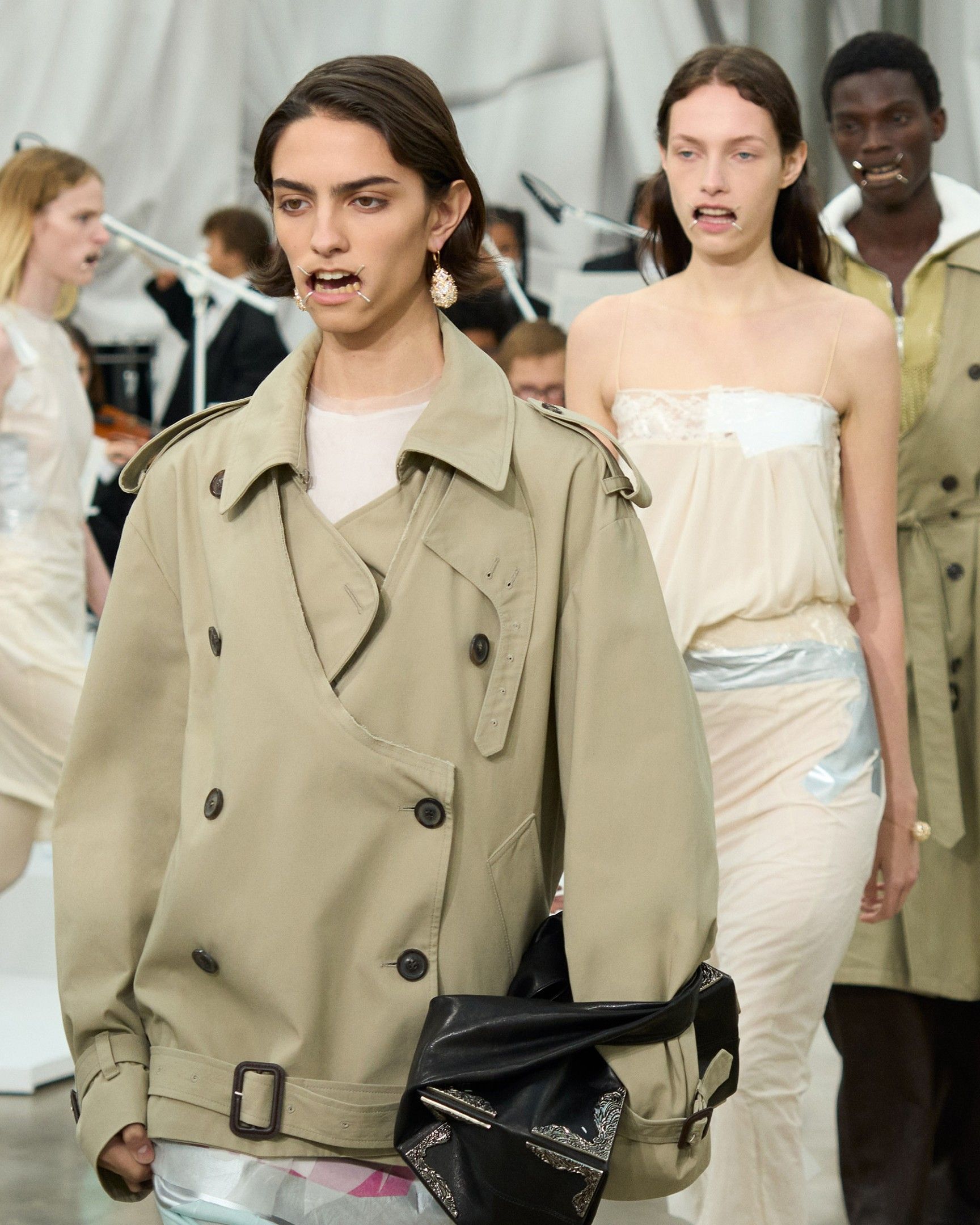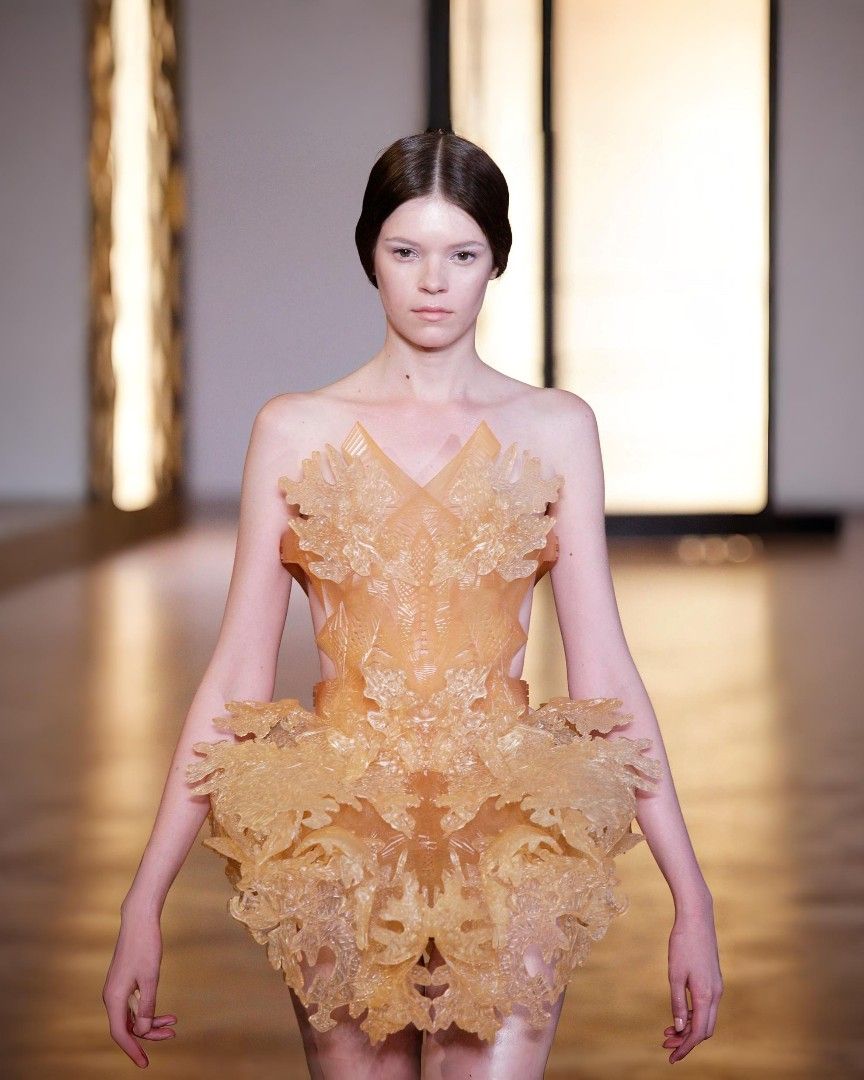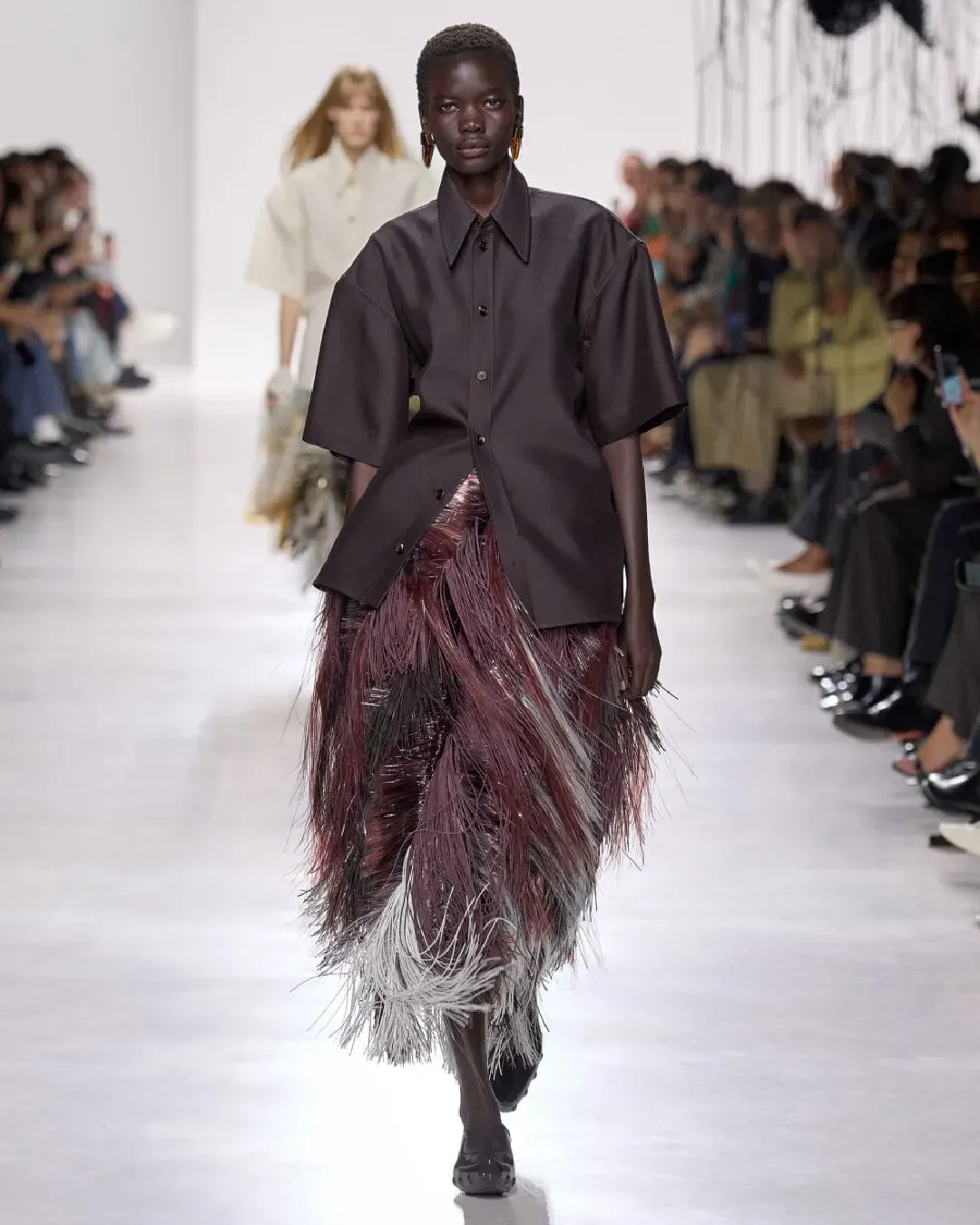
Why Gen Z speaks so much English The slang of a generation, between dark humor and self-deprecation
If languages change over time, it is also due to slang, which changes from generation to generation: a linguistic repertoire whose popularity is destined to fade, but which tells us a lot about the attitudes of the people who adopt it. The slang of the Gen Z is not just generational but also digital. Born and shared on social networks, the vocabulary of the generation composed of so-called digital natives is English-speaking worldwide, having crossed national borders and linguistic barriers thanks to the web. A child of globalization, Gen Z has experienced in its formative years the historical events we are well aware of, which have had a significant impact on their mental health, including the pandemic, climate change, economic crises, and episodes of political instability. According to a global survey by Ipsos, almost 2 out of 5 people under 34 feel stressed to the point of noticing changes in their daily lives. Despite this, Gen Z seems to have learned to face difficulties with dark humor, both online and offline, a distinctive defense mechanism that has given rise to a generational slang that is both funny and vaguely disturbing.
Many Gen Z terms seem improperly borrowed from a psychology manual, with a distinct taste for hyperbole and self-irony. There is brainrot, which describes the state of confusion and inattention caused by spending too much time on the internet - a definition that follows the adjective chronically online. In the same category, we find bedrotting, an expression used to refer to long periods spent in bed eating, watching TV series, or being on the phone, neglecting daily responsibilities, sometimes as a form of self-care, other times as a consequence of burnout. The term delulu, derived from delusional and originating from the K-POP fandom, has gained dizzying fame, almost eclipsed by its derivative "delulu is the solulu". Gen Z slang does not lack apocalyptic expressions such as doomers, used to label people with a pessimistic view of the future and life, and especially doom scrolling. This phrase is perhaps the perfect example of how Gen Z's trademark dark humor slang is a product of the web, social networks, and their culture. Doom scrolling is the act of obsessively searching for news and information about negative events on social media and news sites, a habit that, like the expression that describes it, made its way into many people's lives during the pandemic and is readily fueled by algorithms.
If in the 1920s in the United States, slang reflected the atmosphere of an era of collective euphoria where alcohol flowed freely despite Prohibition, with cheerful expressions like giggle juice and the cat’s meow, a century later, the most used words by young people go in the opposite direction. At first glance, Gen Z slang may seem like the linguistic embodiment of Declinism, a cognitive bias that consists of the belief that the world is heading toward an inevitably worse future than our present. Yet, these seemingly pessimistic terms speak of the resilience of a generation that, while sometimes feeling doomed, carves out space for humor and sharing. Perhaps delulu is not enough as a solulu for all the world's problems, but Gen Z does not give up on laughing.














































